
The 10th Gdańsk Conference on Graph Theory
with panel lessons of summer school, June 21-26, Gdańsk, Poland
OVERVIEW
The Gdańsk Conference on Graph Theory (GCGT) is an annual, informal workshop whose goal is to provide a forum for scientists to meet, present their work, interact, and establish collaborations, in order to promote research in the field of Graph Theory, within Gdańsk and beyond.
The tenth edition of GCGT will take place on June 21-26 (2026) in Gdańsk. It is a special edition with panel lessons of summer school. Apart from bringing together researchers in the area of graph theory and combinatorics, this edition will be broadened by a few extraordinary events with young scientists, PhD students, and even students in mind. A series of tutorials concerning the latest aspects of algorithmic graph theory are planned. The conference will also give young researchers and students the opportunity to present their first research results in the form of posters (poster session during the welcome party).
COVER Project Special Session: Combinatorial Optimization in Urbanization.
During the conference we will celebrate 80th birthday of prof. Marek Kubale.
INVITED SPEAKERS
- Marco Buratti (Sapienza University of Rome, Italy)
- Leszek Gąsieniec (University of Liverpool, United Kingdom)
- Didem Gözüpek (Gebze Technical University, Turkey)
- Michael Henning (University of Johannesburg, Republic of South Africa)
- Konstanty Junosza-Szaniawski (Warsaw University of Technology, Poland)
- Stanisław Radziszowski (Rochester Institute of Technology, United States)
TUTORS
- Andrzej Grzesik (Jagiellonian University, Poland)
- Annegret Wagler (Clermont Auvergne INP, France)
IMPORTANT DATES
| Important dates | ||
| Early registration Registration deadline (including payment) | 15 March, 2026 (AoE) 15 May, 2026 (AoE) | |
| Title/Abstract submission deadline | 24 May, 2026 (AoE) | |
| Conference | June 21-26, 2026 | |
Note: the registration is complete only after the conference fee has been paid.
The conference program will consist of six invited talks, a number of contributed talks (20 minutes) during the five days of sessions and poster session. In addition, two tutorials (3-4h) will be conducted. We will begin on Sunday evening (about 6 pm) with registration and finish on Friday afternoon.
Invited speakers
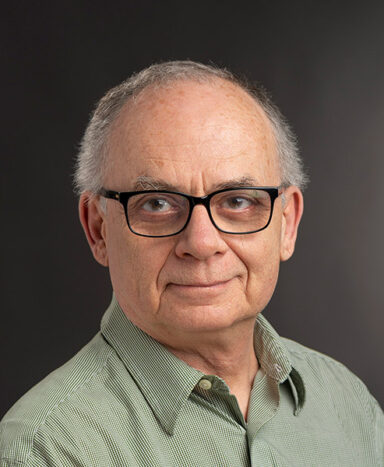
Stanislaw Radziszowski is a Professor in the Department of Computer Science since 1995. He earned Ph.D. from the Institute of Informatics at the University of Warsaw. During the years 1980-1984 he worked in IIMAS at the National Autonomous University of Mexico in Mexico City, and since 1984 at the RIT. In the 1990's he held three times 6-week visiting positions at the Australian National University in Canberra, and maintained collaborations with universities in Poland.
His main research interest is in combinatorial computing - solving classical problems in combinatorics, graph theory and design theory, usually with the help of massive computations. Bounds on Ramsey numbers are his favorite. His survey titled 'Small Ramsey Numbers', which is a regularly updated living article at the Electronic Journal of Combinatorics, became a standard reference in this area. He teaches mostly theory oriented courses, including very popular courses on cryptography, both at undergraduate and graduate levels. His recent work on applied cryptography led to joint projects with Computer Engineering Department.
Staszek started cooperation with Marek in early 1990's.
This included numerous meetings in person, seminars in
Poland and US, joint supervision of students and other
young academicians, and diligent participation in this
conference over years.

Stanislaw Radziszowski is a Professor in the Department of Computer Science since 1995. He earned Ph.D. from the Institute of Informatics at the University of Warsaw. During the years 1980-1984 he worked in IIMAS at the National Autonomous University of Mexico in Mexico City, and since 1984 at the RIT. In the 1990's he held three times 6-week visiting positions at the Australian National University in Canberra, and maintained collaborations with universities in Poland.
His main research interest is in combinatorial computing - solving classical problems in combinatorics, graph theory and design theory, usually with the help of massive computations. Bounds on Ramsey numbers are his favorite. His survey titled 'Small Ramsey Numbers', which is a regularly updated living article at the Electronic Journal of Combinatorics, became a standard reference in this area. He teaches mostly theory oriented courses, including very popular courses on cryptography, both at undergraduate and graduate levels. His recent work on applied cryptography led to joint projects with Computer Engineering Department.
Staszek started cooperation with Marek in early 1990's.
This included numerous meetings in person, seminars in
Poland and US, joint supervision of students and other
young academicians, and diligent participation in this
conference over years.
TUTORS
Since September 2021, Annegret Wagler is a full professor at the University Clermont Auvergne in Clermont-Ferrand, France. she was hired there in 2010 on a chair of excellence on Combinatorial Optimization and conducts since then her teaching at the engineering school ISIMA and her research at the laboratory LIMOS within the Clermont Auvergne Institute of Technology.
Her work focuses primarily on theoretical and practical aspects of combinatorial optimization problems involving graphs and polyhedra and integer linear programs as models. During the last ten years, her research included several applications on transportation and telecommunication problems. Previously, she worked as postdoctoral fellow on problems in systems biology at the Otto-von-Guericke University in Magdeburg, Germany, and defended her PhD on graphs and polyhedral theory in Berlin, Germany, under the supervision of Martin Grötschel.
Since September 2021, Annegret Wagler is a full professor at the University Clermont Auvergne in Clermont-Ferrand, France. she was hired there in 2010 on a chair of excellence on Combinatorial Optimization and conducts since then her teaching at the engineering school ISIMA and her research at the laboratory LIMOS within the Clermont Auvergne Institute of Technology.
Her work focuses primarily on theoretical and practical aspects of combinatorial optimization problems involving graphs and polyhedra and integer linear programs as models. During the last ten years, her research included several applications on transportation and telecommunication problems. Previously, she worked as postdoctoral fellow on problems in systems biology at the Otto-von-Guericke University in Magdeburg, Germany, and defended her PhD on graphs and polyhedral theory in Berlin, Germany, under the supervision of Martin Grötschel.
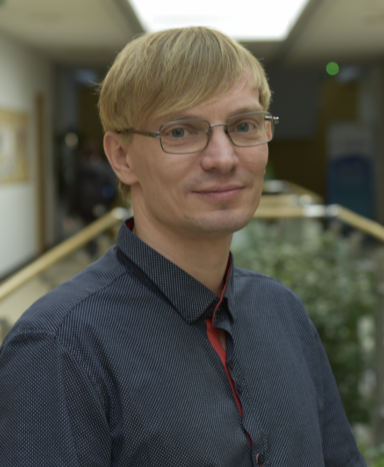
Andrzej Grzesik is an associate professor at the Institute of Mathematics of the Jagiellonian University. His research revolves around graph theory questions of extremal nature. He is known for solving various challenging open problems, including the Erdős pentagon conjecture from 1984, Erdős, Faudree and Rousseau conjecture from 1992 and Lovász conjecture from 2008. For his achievements, he was awarded the Open Mind Prize for outstanding research in combinatorics and the Scholarship of the Ministry of Science and Higher Education for outstanding young scientists. In addition to his scientific work, he is also involved in activities supporting talented youth; among others, he is the vice-chairman of the Main Committee of the Mathematical Olympiad and the national coordinator of the international mathematical competition Náboj
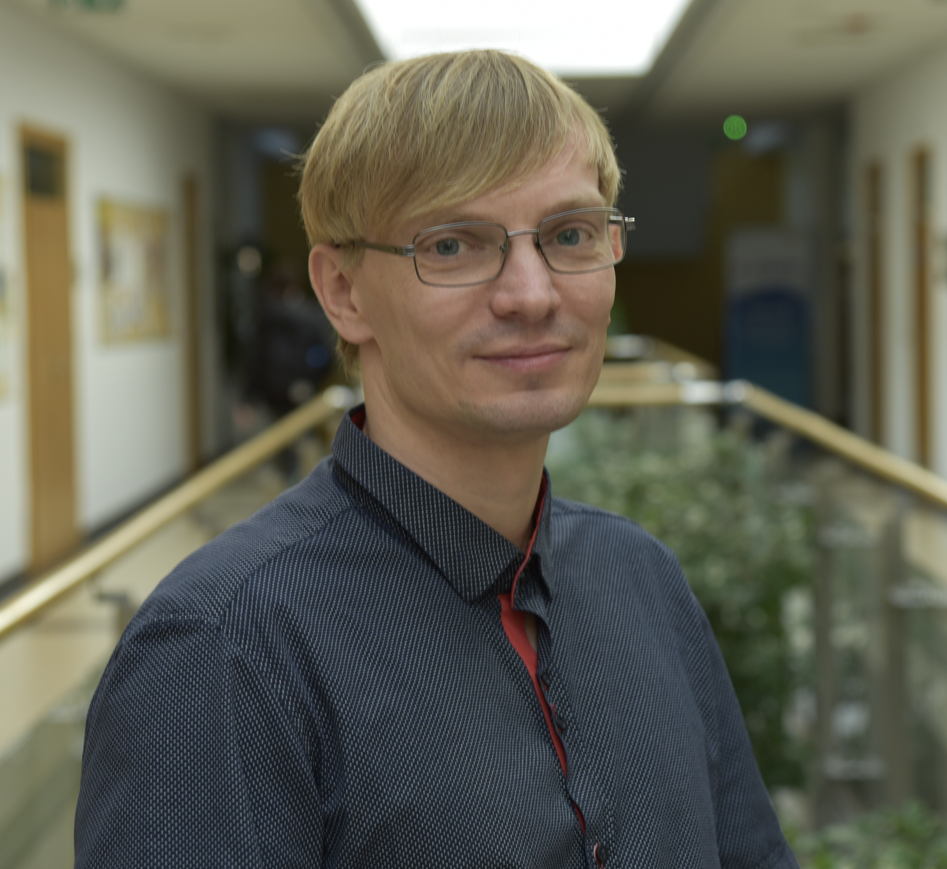
Andrzej Grzesik is an associate professor at the Institute of Mathematics of the Jagiellonian University. His research revolves around graph theory questions of extremal nature. He is known for solving various challenging open problems, including the Erdős pentagon conjecture from 1984, Erdős, Faudree and Rousseau conjecture from 1992 and Lovász conjecture from 2008. For his achievements, he was awarded the Open Mind Prize for outstanding research in combinatorics and the Scholarship of the Ministry of Science and Higher Education for outstanding young scientists. In addition to his scientific work, he is also involved in activities supporting talented youth; among others, he is the vice-chairman of the Main Committee of the Mathematical Olympiad and the national coordinator of the international mathematical competition Náboj
ORGANIZERS
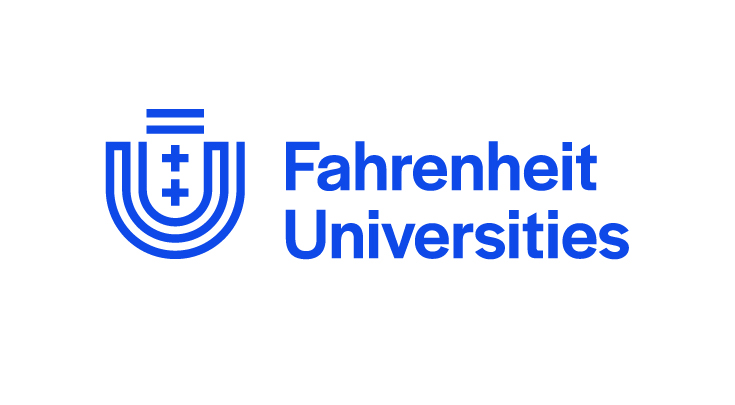
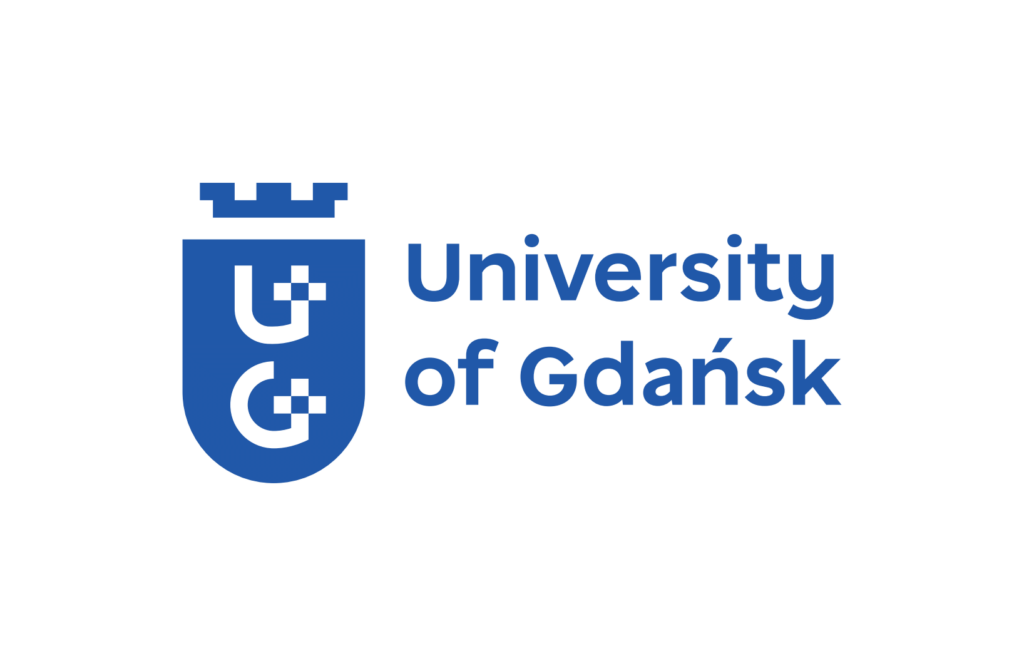
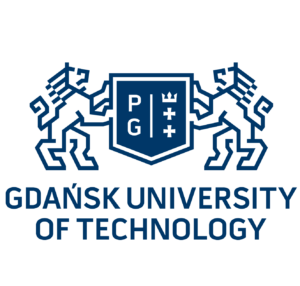
Contact
In case of any questions, please do not hesitate to contact organizing committe e-mail.
- Emailgcgt@ug.edu.pl
